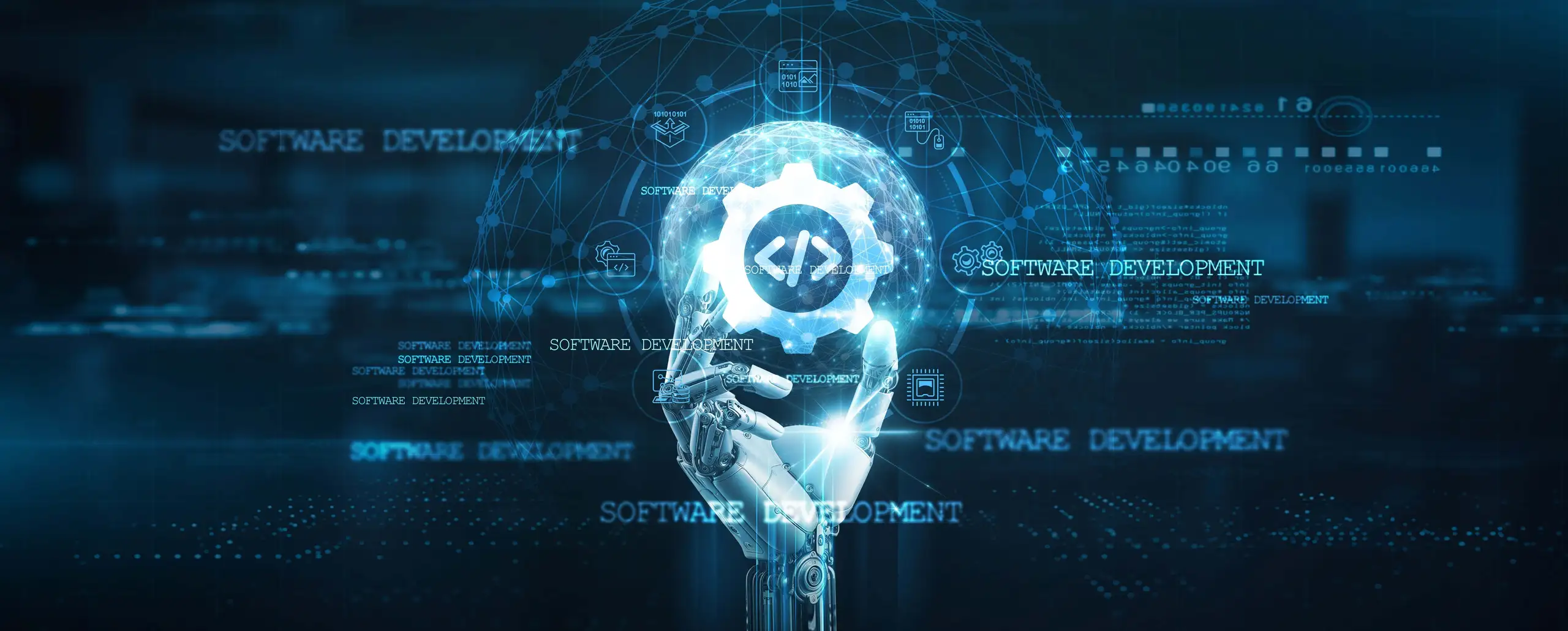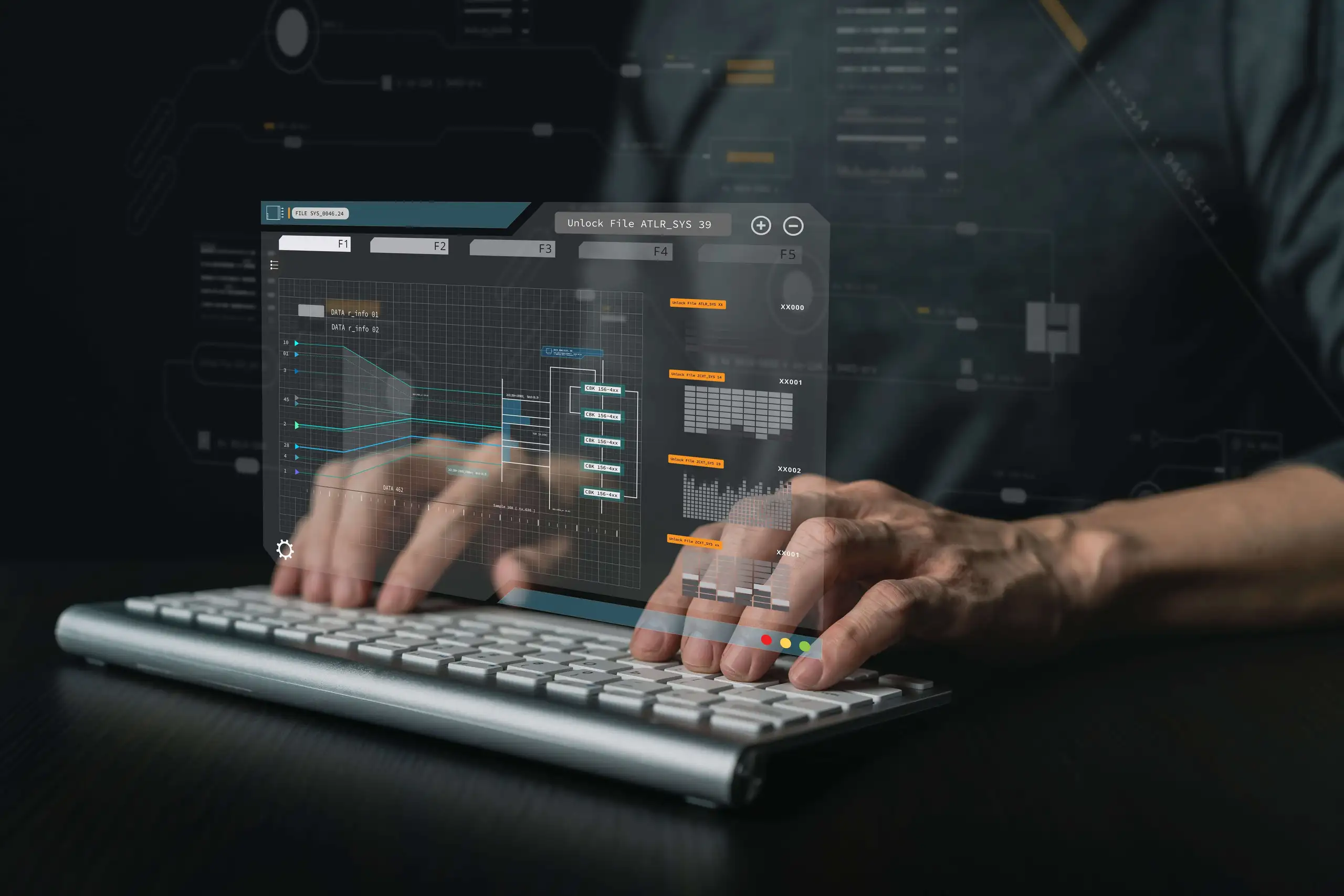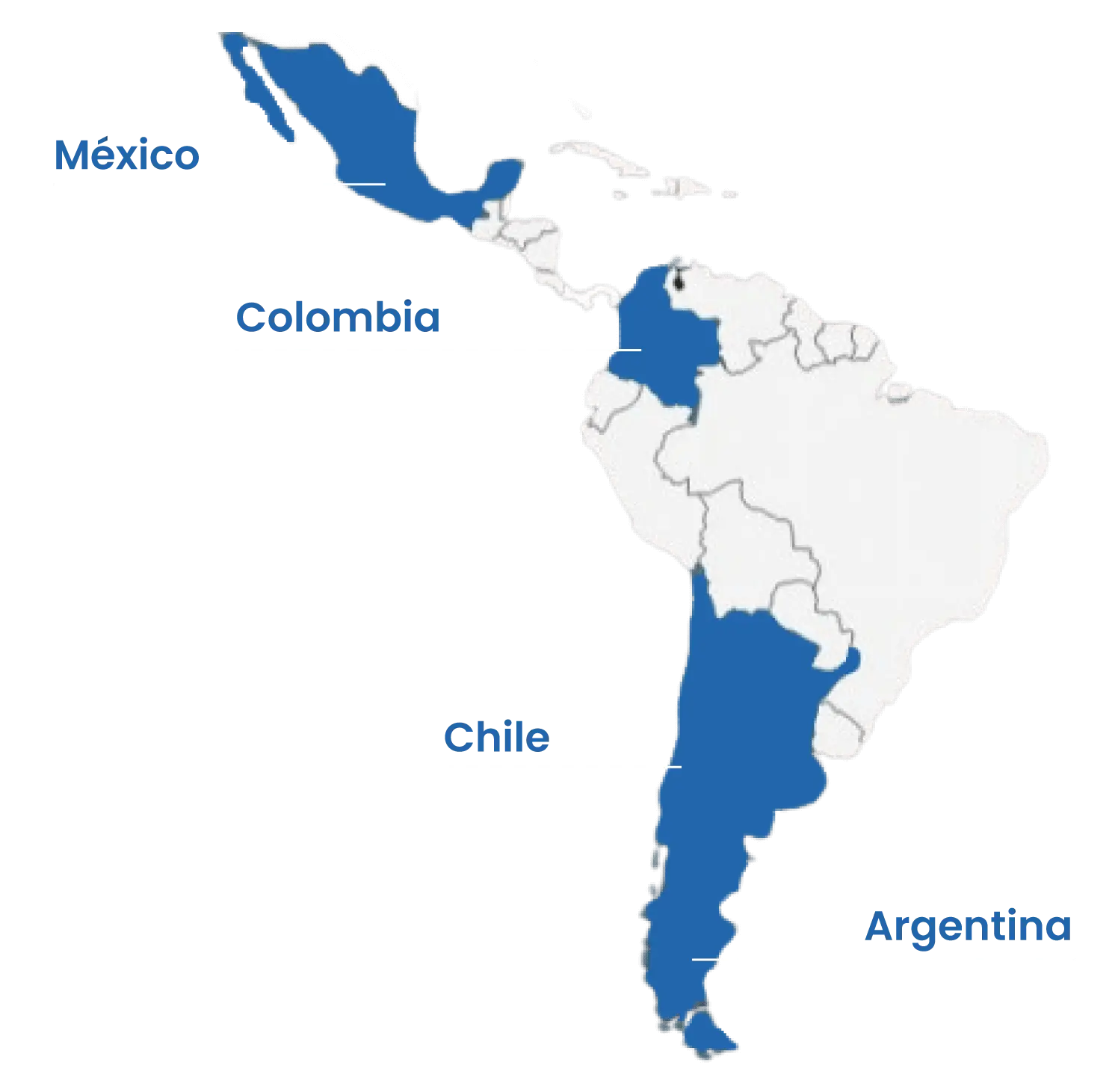The Challenge of Operational Efficiency

One of the most critical problems in manufacturing is operational efficiency. **89% of leading manufacturing companies** already use an ERP to integrate and automate their processes .
An ERP can reduce operational costs by **13-20%**, improving areas such as production scheduling, inventory management, and supply chain . However, there is still a **26% of companies** that have not implemented an ERP, putting them at a disadvantage compared to competitors who already enjoy greater real-time visibility and data-driven decision-making .
The Achilles' Heel: Inventory Management
| Concept | Estimated Reduction (%) |
|---|---|
| General Inventory Costs | -11% |
| Best Practices Inventory Costs | -22% |
The Supply Chain: A Constant Challenge

Supply chain disruption has been a hot topic in recent years, and 2024 is no exception. Manufacturers are struggling to maintain smooth operations despite rising raw material costs and shortages of certain components. **53% of manufacturing leaders** cite supply chain disruptions as their primary concern .
Here is where ERPs, with their integration and predictive analytics capabilities, play a crucial role by optimizing demand planning and reducing logistics costs by up to **20%** .
Impact of ERP on the Supply Chain
| Concept | Cost Reduction (%) |
|---|---|
| Logistics Costs | -20% |
| Delays due to Coordination Issues | -15% |
Labor Shortage and Automation

One of the biggest challenges for manufacturing companies is the lack of skilled personnel. **53% of executives** say that the talent shortage is a significant obstacle to their growth .
Factories that invest in ERP solutions with artificial intelligence and automation are better positioned to face this challenge, increasing productivity by **12%** through technologies such as the Internet of Things (IoT) and predictive analytics .
Conclusion
The manufacturing of the future can no longer rely on outdated tools. Companies that adopt a modern ERP, such as the solutions offered by Rayzen, not only optimize their operations but also significantly reduce costs in inventory, logistics, and production. In such a competitive environment, digitalization is not just an advantage; it is a necessity.
Rayzen: Solutions for Manufacturing

**Rayzen** offers a robust ERP platform specifically designed to address these issues. With the implementation of our solutions, manufacturing companies can significantly reduce costs and improve operational efficiency.
